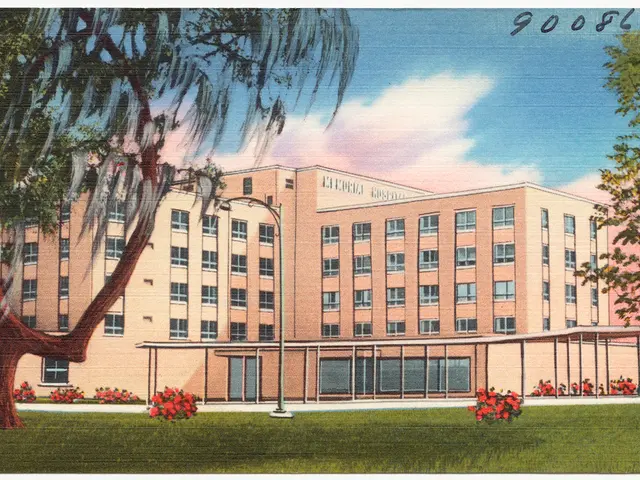After three years of receiving the experimental vaccine, these individuals continue to remain cancer-free.
A groundbreaking experimental vaccine for kidney cancer is proving to be a promising prospect. After a Phase I trial, the vaccine candidate displayed safety and produced an evident immune response in all nine high-risk patients, who have remained cancer-free since receiving the treatment three years ago.
Working at the Dana-Farber Cancer Institute, scientists have devised this vaccine, aiming to prevent advanced cases of kidney cancer from returning. As these trial participants have stayed cancer-free, there's optimism that these vaccines could tackle a broader set of cancers than originally anticipated.
Typically, vaccines aim to prepare the immune system for future threats such as the flu or measles. Some vaccines, like the HPV jab, have proven highly effective at preventing cancer-causing infections. Yet, cancer vaccines are primarily therapeutic, aiming to aid someone in fighting their cancer or prevent reoccurrences.
The field of cancer vaccines is rapidly evolving, with scientists exploring new methods to enhance a person's immunity to cancer. One such approach involves identifying distinct proteins generated by cancer cells as they mutate, known as neoantigens. These personalized cancer treatments, known as neoantigen vaccines, train the immune system to recognize and attack cancer cells.
Senior researcher Toni Choueiri, a medical oncologist at Dana-Farber, developed a vaccine targeting advanced kidney cancers that have begun to spread elsewhere. The trial involved nine patients with stage III or IV clear cell renal cell carcinoma, who all received standard surgery treatment and some an immune system booster, pembrolizumab.
The scientists personalized the vaccines to suit each patient's specific cancer proteins. The results have been encouraging, with the vaccine being highly immunogenic, capable of targeting key driver mutations in kidney cancer and inducing anti-tumor immunity. The researchers also observed a rapid, substantial, and durable expansion of new T cell clones related specifically to the vaccine.
The latest findings, published in Nature, are significant due to the team's previous focus on developing a neoantigen vaccine for melanoma. As kidney cancer typically boasts a lower mutation burden, the team's success raises hope that even these cancers can become viable targets for neoantigen vaccines.
Phase I trials mainly assess an experimental treatment's safety and tolerance. More research with larger groups of people is necessary to definitively determine whether these vaccines will be the next frontline against kidney cancer. Nonetheless, the fact that all nine patients have remained cancer-free for a median period of 34 months is an auspicious sign. The research team is also exploring the next phase of their vital work.
An ongoing international randomized study is currently underway, employing a similar neoantigen-targeting personalized cancer vaccine in combination with pembrolizumab. This trial is enrolling patients who have undergone surgery for their kidney cancer but remain at high-risk of cancer recurrence.
The advancements in technology have enabled scientists to identify neoantigens, distinct proteins generated by cancer cells as they mutate, which are now being used in the creation of personalized cancer vaccines like the one for kidney cancer. These vaccines hold promise for the future of cancer treatment, potentially tackling a broader spectrum of cancers than initially anticipated.
With the success of neoantigen vaccines in kidney cancer, there's increased interest in incorporating these treatments into the field of science, exploring ways to enhance our immune system's ability to combat various types of cancer in the future.








